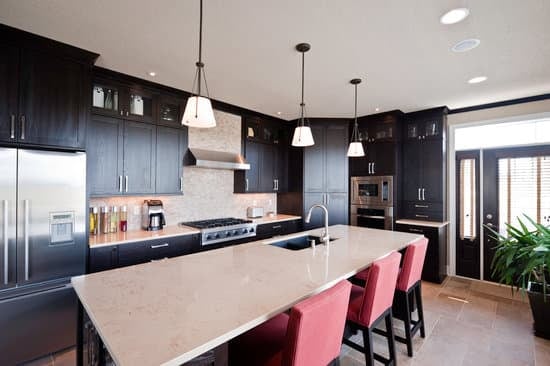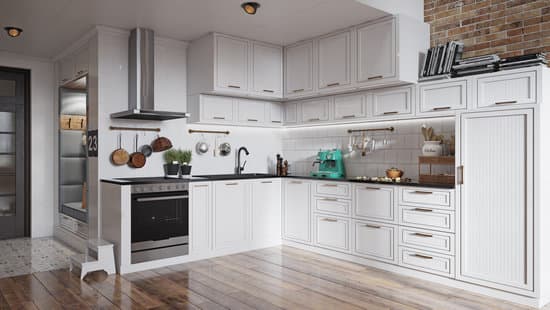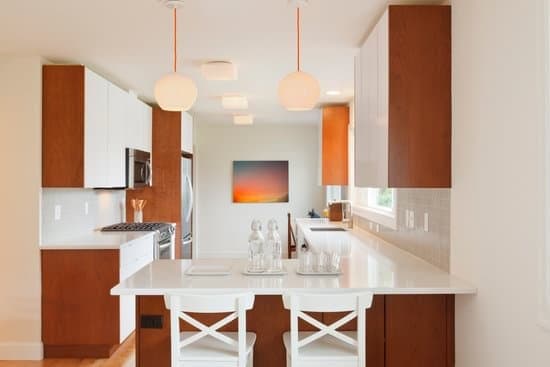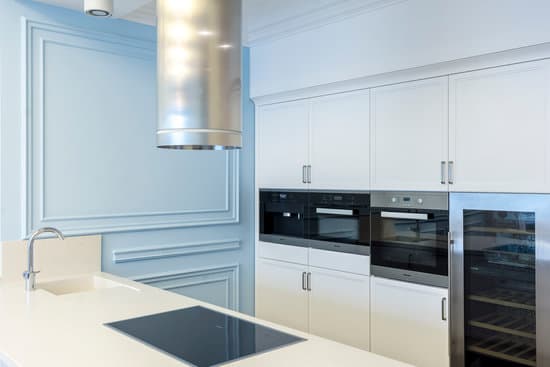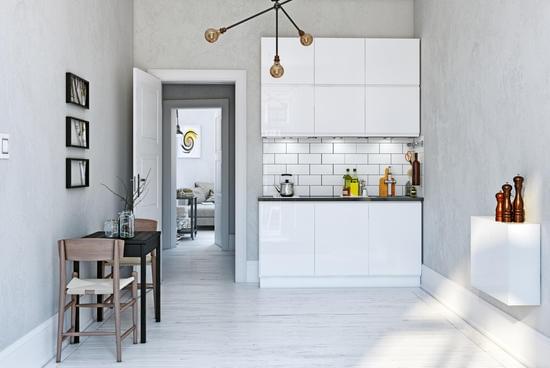Are you in need of a kitchen flooring upgrade but unsure of where to start? Look no further! This article will guide you through the process of choosing the perfect flooring for your kitchen. From considering durability and longevity to exploring different materials, we’ll help you make an informed decision that meets your needs. With tips on maintenance, cleaning, style matching, and seeking professional advice, we’ve got you covered every step of the way. Let’s create a safe and stylish kitchen space together!
Considering Durability and Longevity
You’ll want to consider the durability and longevity of your kitchen flooring. When it comes to durability considerations, look for materials that can withstand heavy foot traffic, spills, and dropped objects. Ceramic tiles and vinyl are great options as they are resistant to scratches and stains. Another factor to consider is comparing lifespan. Hardwood floors can last for decades with proper maintenance, while laminate flooring typically has a shorter lifespan but is more affordable. Additionally, you may want to explore options such as bamboo or cork flooring, which are known for their eco-friendly properties and durability. By choosing a kitchen flooring material that prioritizes durability and longevity, you can ensure a safe and long-lasting surface for all your culinary adventures.
Exploring Different Flooring Materials
When considering your options for the kitchen, it’s important to explore different materials for the floors. One factor to take into account is cost effectiveness. While some flooring materials may have a higher initial price, they might prove to be more durable and require less maintenance in the long run. It’s crucial to compare costs over time rather than just focusing on the upfront expenses. Another aspect to consider is eco-friendliness. Many flooring options now offer environmentally friendly alternatives such as bamboo or cork, which are renewable resources. These materials not only help reduce environmental impact but also provide a safe and healthy environment for your family. By comparing cost effectiveness and exploring eco-friendly options, you can find the perfect flooring material that meets both your budget and sustainability goals for your kitchen space.
Evaluating Maintenance and Cleaning Requirements
Considering the maintenance and cleaning requirements is essential when evaluating different flooring materials for your kitchen space. It’s important to choose a flooring option that not only looks great but also meets your safety needs. When evaluating cost options, take into account the long-term maintenance costs of each material. Some materials may require more frequent cleaning or special products, which can add up over time. Additionally, it’s crucial to compare the environmental impact of different flooring options. Look for eco-friendly materials that are sustainably sourced and manufactured. These choices can help reduce your carbon footprint and create a healthier environment for you and your family. By carefully considering these factors, you can select a kitchen flooring material that fits both your budget and sustainability goals while ensuring a safe and clean space for all.
Matching Flooring Style to Kitchen Design
To achieve a cohesive and aesthetically pleasing kitchen design, it’s important to ensure that the style of your flooring complements the overall look and feel of the space. When choosing kitchen flooring, consider the color scheme of your kitchen. If you have a modern or minimalist design with neutral colors, a sleek and monochromatic flooring option like ceramic tiles or polished concrete can enhance the contemporary feel. On the other hand, if you have a more traditional or rustic kitchen with warm tones, hardwood or laminate flooring in rich shades can add warmth and charm to the space. Additionally, budget considerations should also be taken into account when selecting flooring. There are affordable options such as vinyl or linoleum that offer durability without breaking the bank. Remember to choose flooring that not only matches your kitchen design but also fits within your budget for a safe and stylish space.
Seeking Professional Advice and Installation Tips
If you’re unsure about the best options for seeking professional advice and installation tips, it’s recommended to consult with a flooring specialist. They have the expertise to guide you through the process and ensure that your kitchen flooring is installed correctly and safely. When consulting with a specialist, they can provide valuable information on installation cost and help you choose eco-friendly options that are safe for your family and the environment. Additionally, they can offer recommendations on the best type of flooring for your specific kitchen design and lifestyle needs. By seeking professional advice, you can avoid potential pitfalls and make informed decisions for a successful kitchen flooring installation. Remember, safety should always be a top priority when it comes to any home improvement project!
Conclusion
So there you have it! Choosing the right kitchen flooring is crucial for both practicality and style. By considering factors such as durability, material options, maintenance requirements, and design compatibility, you can make an informed decision. Don’t hesitate to seek professional advice and installation tips to ensure a successful outcome. Remember, your kitchen floor should not only withstand daily wear and tear but also enhance the overall look of your space. Happy flooring!

